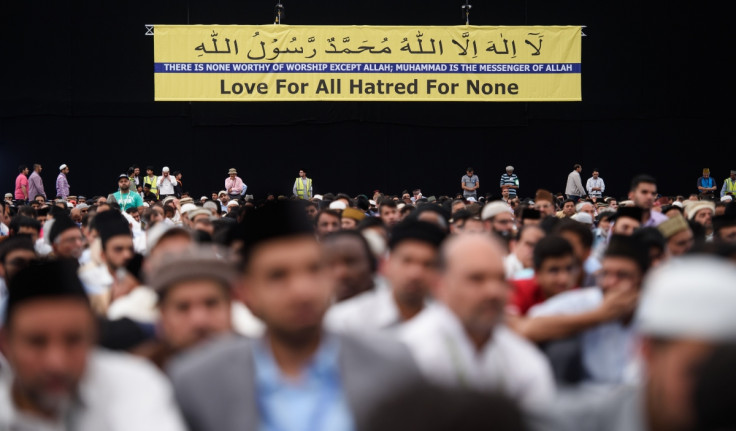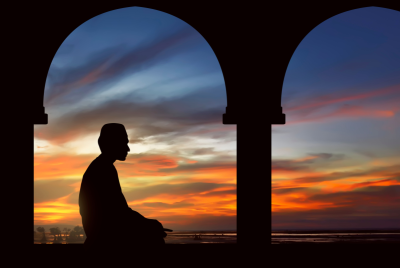Who are the Ahmadiyya Muslim Community and why are they persecuted?

Amid fears of sectarian incitement in UK, following the murder of a Glasgow Ahmadi Muslim, respected newsagent Asad Ahmed, IBTimes UK takes a look at the defining characteristics of the Ahmadiyya movement in the UK.
Founded in British controlled India in the late 19th century, the Ahmadiyya take their name from founder Mirza Ghulam Ahmad who died in 1908. Identifying itself as a Muslim movement and following the teachings of the Koran, it believes the long-awaited mahdi, or Muslim saviour, came in the form of a man named Ahmad.
However, elements of mainstream Islam and orthodox Muslims in countries such as Pakistan reject the notion of Ahmad as mahdi, and Ahmadis in general, regarding the group as heretics and subjecting them to persecution in Asian countries. An IBTimes UK investigation has found the distribution of anti-Ahmadiyya hate speech in the UK.
Purporting that the message of Islam has been corrupted over centuries, the community seek to restore it to its truest form. Born in Qadian in Punbjab, Ahmad "based his convictions on the belief that Muslim religion and society had deteriorated to the point where divinely inspired reforms were needed," according to Oxford Islamic Studies Online.
The group moved its religious headquarters from Qadian to Rabwah, Pakistan, in 1948, and soon came under increasing persecution from orthodox Muslim groups. In 1974 Pakistan's first elected prime minister, Zulfikar Ali Bhutto, introduced a bill declaring Ahmadi to be non-Muslims, the first of a series that has curtailed the group's religious freedoms.
A second bill in 1984 banned the group from calling their places of worship mosques, and from propagating their faith. In response, the group moved its global headquarters to Morden, south London.
Among the most actively proselytising Muslim groups, the Ahmadiyya have established communities and missions across the world, including Africa, Europe, Asia and America, and is believed to have approximately 10 million adherents worldwide.
As Ahmadiyya is subject to violent attacks, in countries such as Pakistan, Indonesia and Bangladesh, the UN, Human Rights Watch and Pakistani rights groups claim it is among the most persecuted of religious groups in Pakistan.
© Copyright IBTimes 2025. All rights reserved.




















